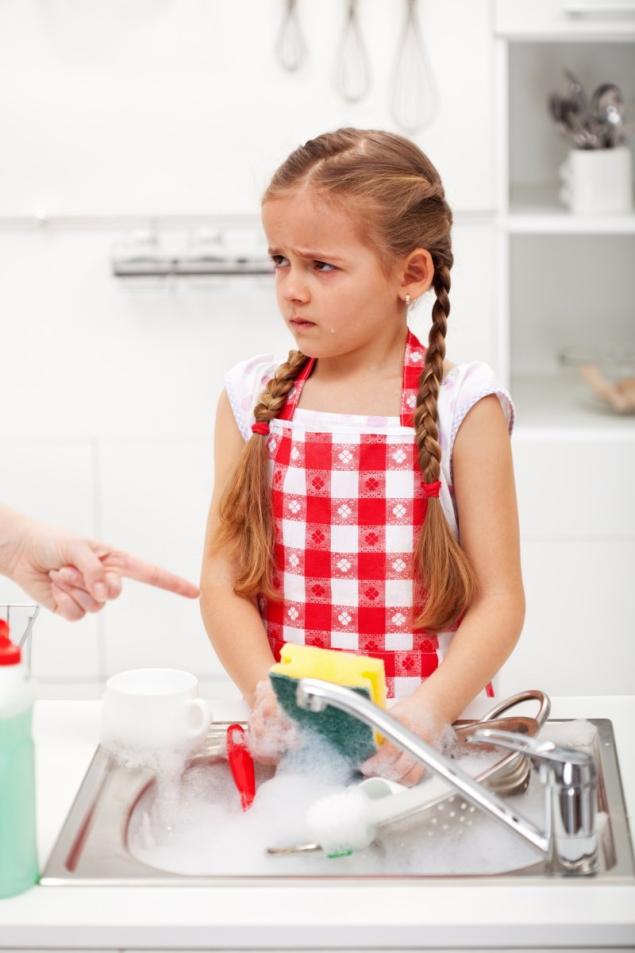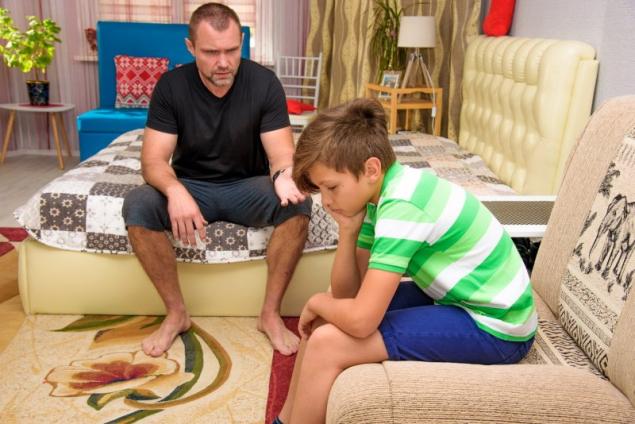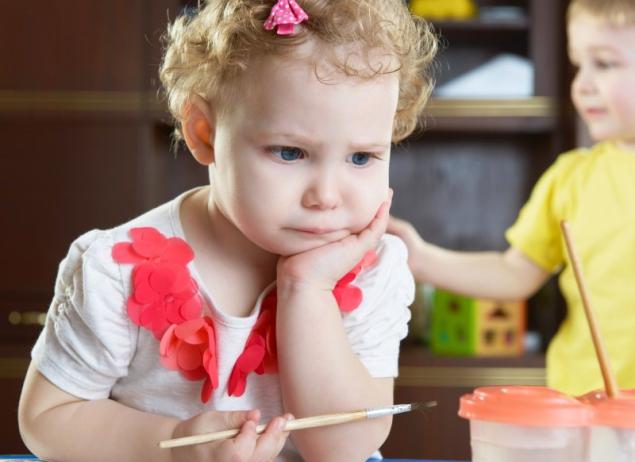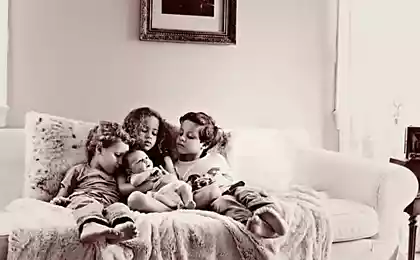128
How Parental Words Affect Child Success
It would seem that the modern education of children is very different from what it was before. Today in each city you can meet a dozen specialists who will tell in detail about all the nuances of parental influence on the child and give a huge list. guidance.
But sometimes, even having received the necessary recommendations, it is very difficult to cope with the upbringing of a child. Then adults decide to make it easier for themselves and use the methods that they have known since childhood, the ones used by their parents. And that's a very big mistake.
Today's edition. "Site" will tell about how parental education affects children and how negatively a single phrase said hotly can affect a child.
The Impact of Parenting on a Child: Phrases You Should Not Say to Children
We hope that this article will help parents improve their relationships with their children and grow them into successful and confident personalities.
But sometimes, even having received the necessary recommendations, it is very difficult to cope with the upbringing of a child. Then adults decide to make it easier for themselves and use the methods that they have known since childhood, the ones used by their parents. And that's a very big mistake.
Today's edition. "Site" will tell about how parental education affects children and how negatively a single phrase said hotly can affect a child.
The Impact of Parenting on a Child: Phrases You Should Not Say to Children
- "And I already knew how to do that at your age." Of course, you need to tell your child about your life achievements and childhood victories to motivate him to develop by personal example. However, presenting his story in a violent form and reproaching the child in the inability to do what his parent knew how to do at the same age, such a father or mother will not be able to raise the level of motivation of their child.

Instead of focusing on your superiority, you need to let your child know that even if you don’t know something, you can always learn it with enough effort. And most importantly, you need to show your child that you will always support him and help him cope with all the difficulties. - Leave the toy at home or you will lose it. Psychologists say that children always try to meet parental expectations. Expressing their fears to the child in this form, parents literally program them to make what is said come true.

Experts recommend that you talk about your fears in the following way: “I’m afraid that your favorite toy will be lost and it will upset us both very much.” Maybe it's better to leave her at home, don't you think? Thus, an adult demonstrates his trusting attitude towards the child, giving him the opportunity to choose. In this case, the baby will do his best to justify the trust of parents and convince them that he is able to take care of his things. - "You should be happy!" Many parents use these phrases when they feel that they have done something so good and pleasant for the child that he simply can not experience any other emotions than joy. However, it should be understood that all people, including young children, can experience ambivalent feelings from time to time.

We have always been taught to perceive sadness, envy, anger, or resentment as something negative. However, emotions can not be divided into bad and good, and even more so instill in the child a sense of guilt for “wrong” feelings. Forcing the child to suppress their true emotions, parents provoke in the child the creation of internal conflicts, which in older age can negatively affect the quality of his life. - “Don’t do it, you don’t have that ability.” Adults often issue such comments, thinking that these words will save the child from feeling disappointed and annoyed in case of failure. But this phrase itself can cause low self-esteem in a child and the development of an inferiority complex.

Parents always strive to raise the most successful and talented child, so often, noticing that the abilities of their child are not too high compared to other children, they simply interrupt the process of teaching the child that business in which he, in their opinion, will not reach significant heights.
That’s just such a strategy will not in any way help to raise a genius or a champion, as it only undermines the child’s self-confidence. - "You'll know when you grow up." Sometimes it is difficult to answer a child’s question. It happens that adults themselves do not know the answer or simply do not understand how to explain something to a child. It is in such cases that we are saved by such phrases. That's just such an answer makes it clear to the child that the parent is not interested in talking to him and leaves the child alone with what he can not independently understand.

Instead of dismissing your child, honestly admit to him that at the moment you can not answer his question, as the topic for you was too difficult and you first have to understand it yourself. Promise that after a while you will answer, and keep your promise. Or try to understand this issue immediately with your child, using an encyclopedia or the Internet. - "You're driving me crazy!" Using this expression, the parent transfers the blame for his fatigue and irritation caused by dozens of extraneous factors to the fragile shoulders of the child and imposes on him a sense of responsibility for his bad condition.

If you had too hard a day and there is no strength left to endure children's pranks and leprosy, it is better to call for the help of grandparents, a nanny or spouse, if he is in a more stable emotional state than to break on the baby. Every adult has a right to anger, irritation, or fatigue, but that doesn’t mean children should suffer.
In case of excessive internal stress, organize a rest, giving the opportunity to cool down, and only then return to interaction with the child. - "Do you have a hearing problem?" Sarcasm and harsh remarks from the parent’s mouth act on the child extremely destructive. From such words, the child may develop anxiety and self-doubt, which leads to isolation and problems in further socialization.

- "I'm sick of you!" This phrase does not even need a detailed explanation. It does not just sound rude, but humiliates the child, making him feel unwanted and unwanted.

Even if the child has committed a serious misconduct, and emotions are at their limit, you should not lower yourself to such statements. You can tell your child about your dissatisfaction in a milder form.
We hope that this article will help parents improve their relationships with their children and grow them into successful and confident personalities.
Instructions for cooking Italian cake with walnuts and cream
What clothes should not be worn at home
































